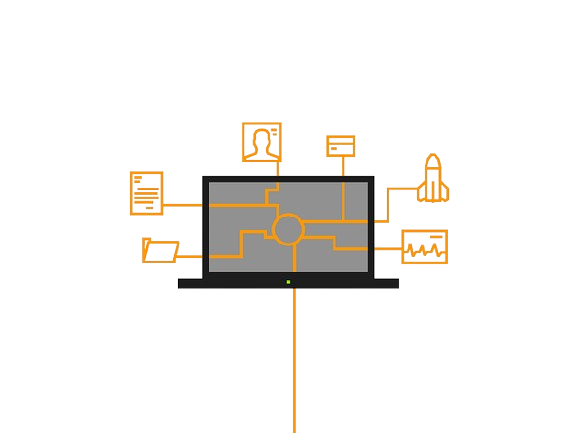
What Are Scammer Phone Numbers?
Scammer phone numbers are used by scammers to try to trick people. These numbers might look like normal phone numbers or appear to come from trusted sources like banks or government agencies. Scammers might use fake caller IDs or spoof numbers to make their calls seem more credible.
When you answer a call from one of these numbers, you might hear someone pretending to be a bank representative or a police officer. They will often tell you a story about something like a hacked bank account, lottery winnings, or another urgent situation. Their goal is to get you to send them money or give them sensitive information, such as your Social Security number or bank details.
Remember, if you get a call with a surprising story and a request for money, it’s likely a scam. Sometimes you can spot a scam call just by looking at the caller’s area code.
Common Scam Area Codes
Scammers sometimes use area codes that do not match where they are really calling from. Here are some common international area codes used by scammers:
- +216 Tunisia
- +232 Sierra Leone
- +234 Nigeria
- +242 Bahamas
- +257 Burundi
- +265 Malawi
- +268 Antigua and Barbuda
- +284 British Virgin Islands
- +355 Albania
- +375 Belarus
- +441 Bermuda
- +473 Grenada, Carriacou, and Petite Martinique
- +649 Turks and Caicos Islands
- +664 Montserrat
- +7 Russia
- +721 Sint Maarten
- +758 St. Lucia
- +767 Commonwealth of Dominica
- +784 St. Vincent and the Grenadines
- +809, +829, +849 Dominican Republic
- +869 St. Kitts and Nevis
- +876 Jamaica
- +91 India
- +92 Pakistan
Here are some U.S. area codes often used by scammers:
- 216 Cleveland, Ohio
- 218 Northern Minnesota
- 469 Dallas, Texas
- 657 La Palma, California
- 712 Western Iowa
- 332, 347, 646 New York City, New York
How to Identify a Scammer Number
Knowing common scam area codes can help, but it’s not foolproof. Scammers are clever and may use real numbers or spoof trusted ones to trick you. Here’s what you can do:
- Look up the number online: Type the number into Google or other search engines. You might find information or reviews about it.
- Check caller ID labels: If you see labels like “lottery scammer” or “Verizon sales rep,” it can help you spot a scam.
What to Do If You Answer a Scam Call
If you accidentally answer a scam call, follow these steps to avoid getting tricked:
- Don’t give out personal information: Real companies will not ask for sensitive details like Social Security numbers over the phone. Hang up if asked for this kind of information.
- Stay calm: Scammers may try to scare you into making quick decisions. Don’t rush. Verify any claims by contacting the company or authority directly.
- Don’t call the number back: Block the number instead. Be cautious with calls from international area codes or unfamiliar U.S. numbers.
- Report the scam: Contact local authorities or use the website Reportfraud.ftc.gov to report the scammer’s number.
How to Protect Yourself from Scam Phone Calls
You can take steps to protect yourself from scam calls:
- Block scam numbers: Most phones let you block unwanted numbers. Add scam numbers to your blocked list to stop them from calling you again.
- Ask your phone carrier about blocking services: Your carrier may offer services to block unwanted calls. Contact them to find out how to set this up.
- Join the National Do Not Call Registry: In the U.S., you can add your number to this registry to limit unwanted calls. Note that it doesn’t stop all spam calls but can reduce the number you get.
By following these tips, you can better protect yourself from scam calls and reduce the risk of falling victim to fraud.

Hi, I’m Chibuzor Abraham from Nigeria. I love technology, especially VPNs, which protect your online privacy. I manage Ohiovpn.us, where I review VPN services for Ohio. Our reviews look at speed, security, and ease of use to help you find the best VPN. If you buy through our links, we get a small commission, which helps support our site at no extra cost to you.

